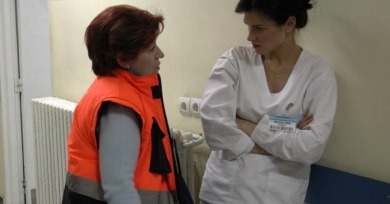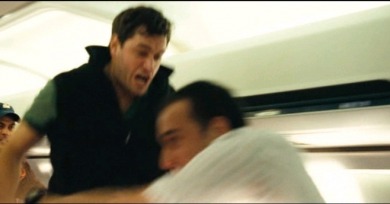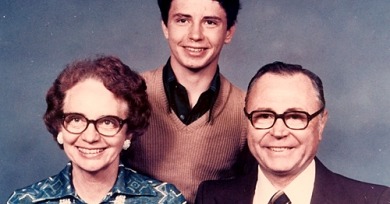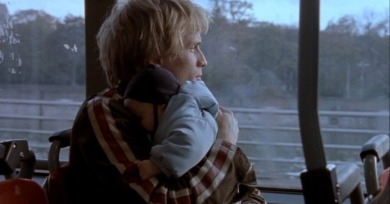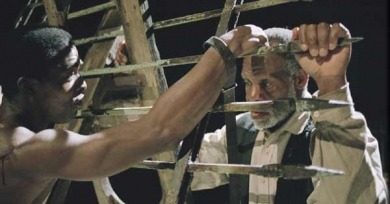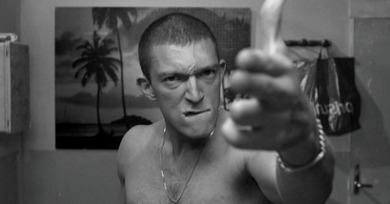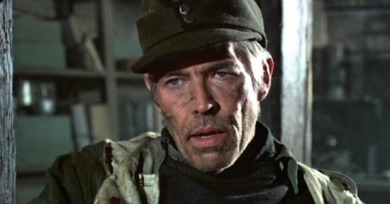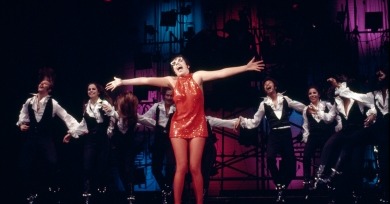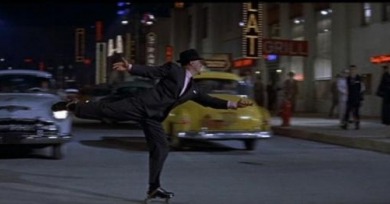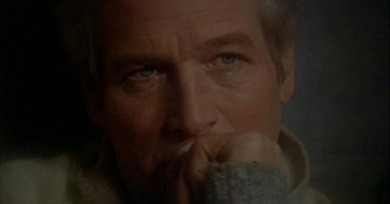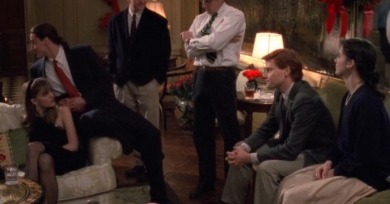Reviews
The Dardenne brothers’ L’Enfant has been justly hailed as a brilliant work, but for gritty observational verisimilitude The Death of Mr. Lazarescu outstrips it at every turn.
Since Paul Greengrass decided to make a crude, mechanistic schematic out of the events of 9/11 and the crash of United 93 rather than a full-bodied film with some small shred of humanity, it seemed most appropriate to build a response around a list rather than a complete review.
To say that the Dardennes never fail to deliver on their formula is hardly meant as negative criticism.
The second part of a planned “American trilogy,” Manderlay revisits the spare soundstage set-up of Dogville, albeit with new chalk lines and a different cast.
Criterion’s lavish double-disc treatment of La Haine gives ample testimony to the film’s importance, not only to recent French cinema but also to contemporary French society.
What distinguishes Peckinpah’s “real” WWII story from his movies of peacetime warring? Only that diplomatically sanctioned combat is much, much bigger, louder, dirtier, bleaker, and blacker than anything his other films imagined.
For the avid Bob Fosse fan of a younger generation, there’s always been a viewing gap, as far as his brief but peerless directorial career is concerned.
There’s no sober realist tract squeezed between the film’s ten show-stopping numbers set in “New York City” aka Culver City, CA, but It’s Always Fair Weather is deprecatingly funny and downbeat, and has a pensive melancholia which, if not entirely adult, is on the way there.
What evidence exists of artistry comes through in its atmosphere. The film is shot, more-or-less throughout, with a lens that leaves the image foggy on all four sides, with only an oval in the middle of the frame in crisp focus.
Alan Moore may be greatest victim of Hollywood’s comic book adaptation craze.
Taking as her focus a teenage girl’s sexuality and the unconsciously self-destructive tendencies concomitant during that early period of experimentation, Shortland—in a visually delirious style to match—explores a topic often untouched in film.
Accolades have been heaped on Park Chan-wook so fast and furious from Western film critics (including this one) that maybe it’s time to take a step back and provide room for further evaluation.
“Almost everything Jane Austen wrote, looked at from today’s perspective, is absurd,” says young Tom Townsend (Edward Clements), paraphrasing the literary critic Lionel Trilling with the blithe book-closed certainty of an amateur intellectual.
